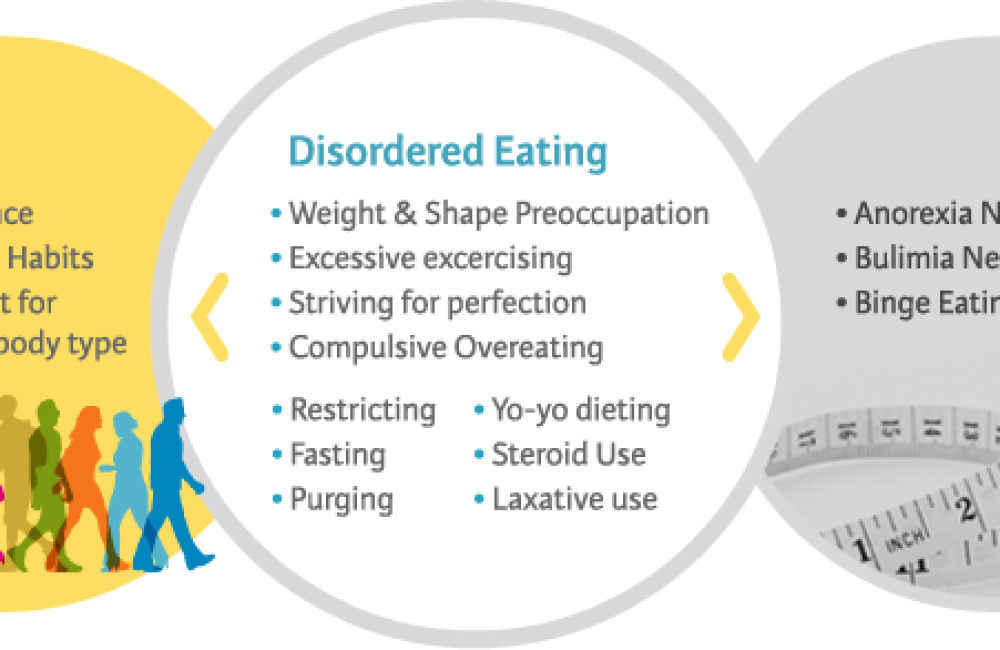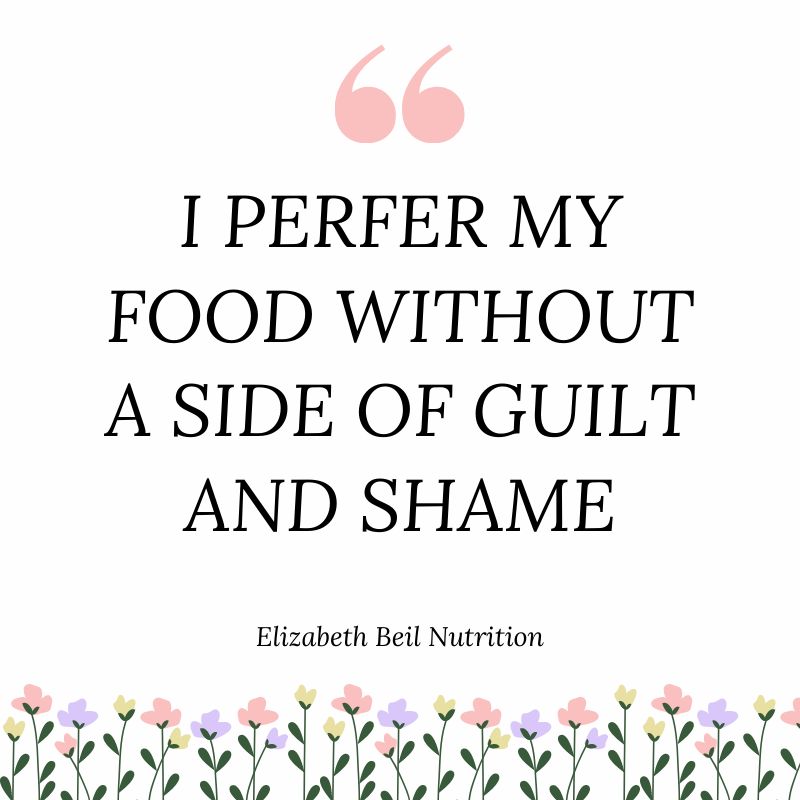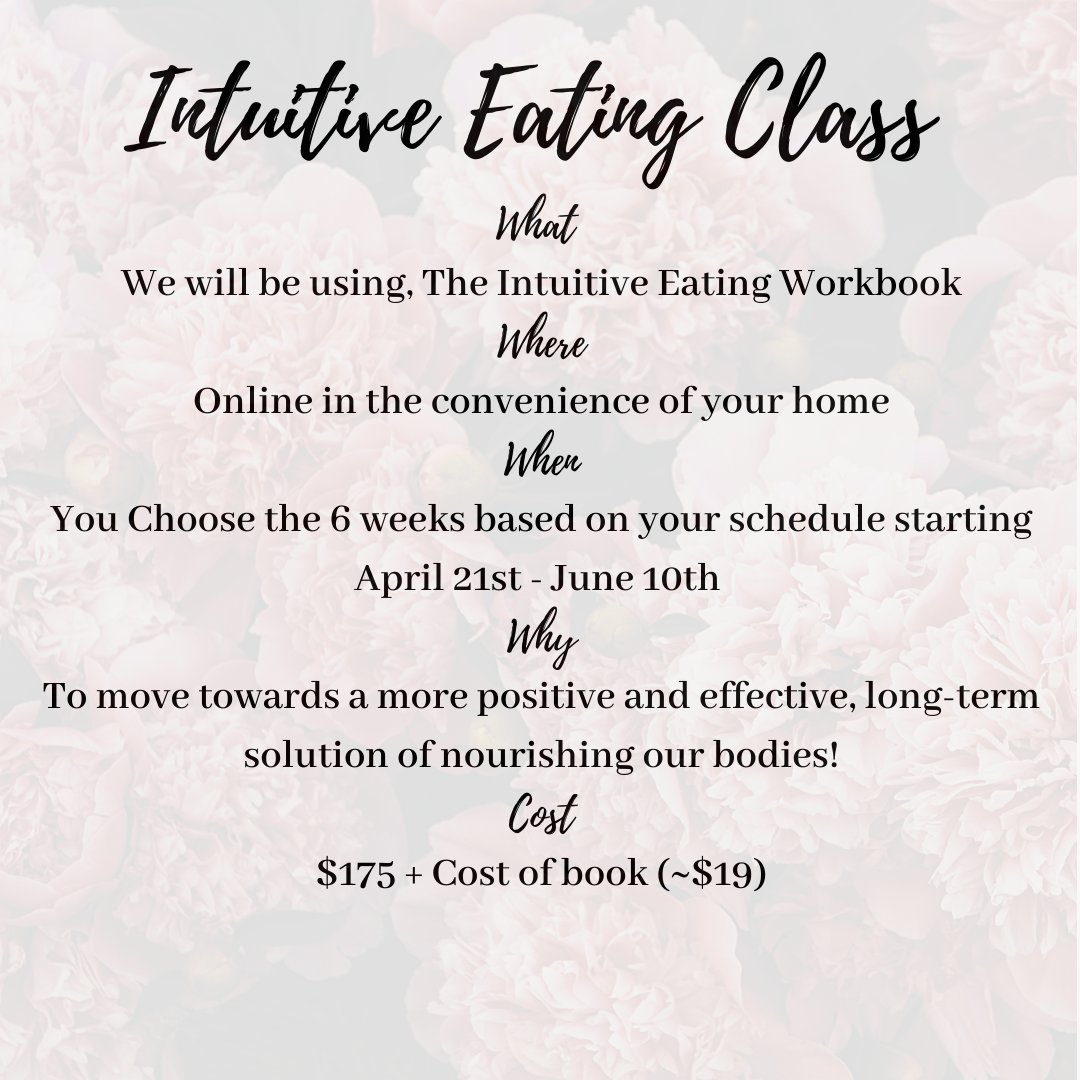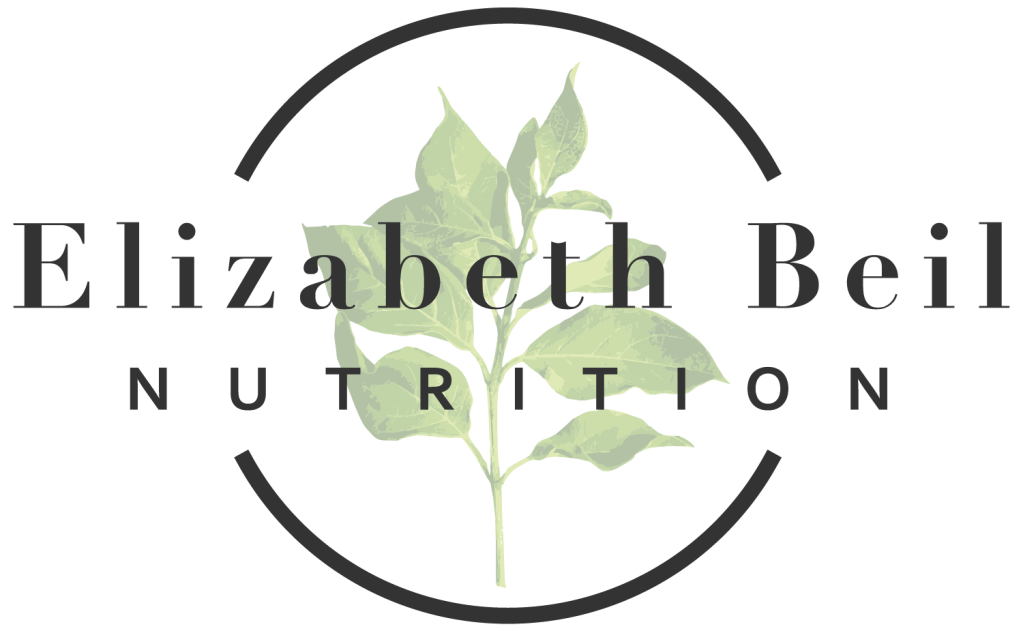Let’s breakdown the two different terms and see if they are similar.
Disordered eating: used to describe a range of irregular eating behaviors that may or may not warrant a diagnosis of a specific eating disorder. Examples:
- Fasting or chronic restrained eating
- Skipping meals
- Binge eating
- Self-induced vomiting
- Restrictive dieting
- Unbalanced eating (e.g. restricting a major food group such as ‘fatty’ foods or carbohydrates)
- Laxative, diuretic, enema misuse
- Using diet pills
- Equating thinness with health

Diet culture: Worships thinness and equates it to health and moral virtue. You feel compelled to spend a massive amount of time, energy, and money trying to shrink your body. You feel forced to be hyper-vigilant about your eating, ashamed of making certain food choices, and distracted from your pleasure, hunger, and fullness cues.

Now let’s look at how similar they are:
Diet culture: thinness | Disordered eating: Equating thinness with health
Diet culture: time and money to shrink | Disordered eating: diet pills, laxatives
Diet culture: hyper-vigilant about eating | Disordered eating: restrict food groups, irregular behaviors
Can you see the similarities? Diet culture and disordered eating are the same.
Disordered eating has become so normal that we are at a point we can’t tell the difference from what is diet culture and disordered eating. The typically pattern I see with clients is they start to use some of diet cultures ‘tips and tricks” and then it begins to spiral into consistent disordered eating patterns, and for some could even spiral into an eating disorder.
So what does this mean? What can we do?
We can continue to be loud about diet culture and how sneaky it is. Calling it out when it needs to be called out. (Check out my social media for ways I like to call it out!) The more we talk about how “abnormal” our habits our with food, and how it is not normal to “drink coffee to suppress your appetite your when you are hungry,” the more people will be able to realize that it is important to fuel, nourish and listen to our bodies. We as a society have created food as the enemy. We have created a world that food is no longer nourishment, but the purpose is weight gain. This could not be farther from the truth, and again this is a lie which diet culture likes to tell us.
I am not here in this space to tell you what to do or how to eat. I honestly support whatever works best for you. But if what you think is best for you and that involves any of the above phrases or actions, I would recommend you seeking out help and guidance to great a better relationship with and ultimately yourself.










